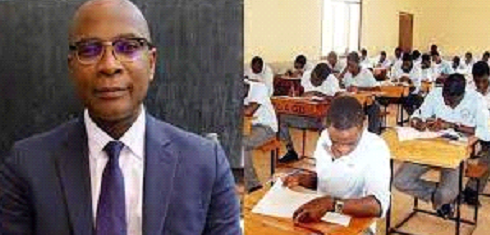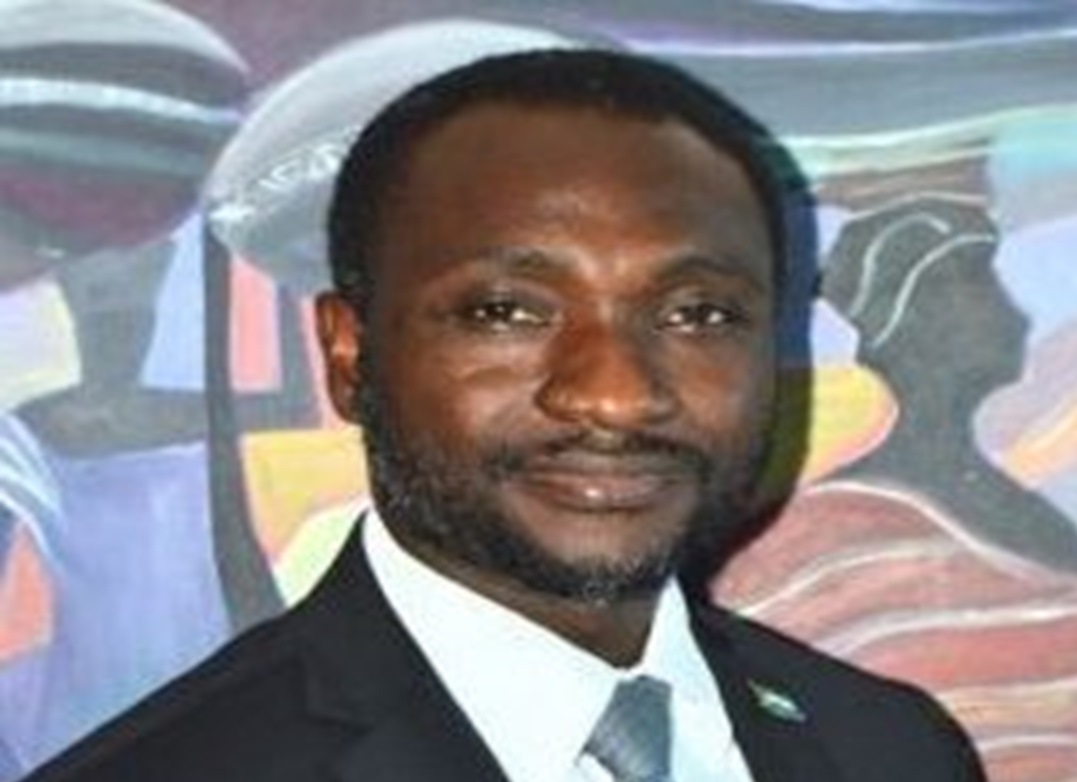By Alusine Fullah
The mandate as the supreme audit institution of Sierra Leone is to audit all government institutions and any other entities that receive money for and on behalf of the people of Sierra Leone, as enshrined in Section 119 of 1991 Constitution of Sierra Leone, the Audit Service Act of 2014, and the Public Financial Management Act of 2016. As the guardian of Sierra Leone’s economic security, Audit Service Sierra Leone business is to ensure that public resources are utilised in the best interest of the citizens.
However, for the past years, many recommendations of the Audit Service Sierra Leone have not been taken into consideration especially by Ministries, Departments and Agencies (MDAs). Going through the 2022 and 2023 Audit Service Report, the Ministry of Basic and Senior Secondary Education has been the fountain of corruption. In other words, the report finds out huge corrupt practices at the foregoing ministry. The report states:
The European Union supported the Ministry with the supply of laboratory equipment to 56 secondary schools nationwide. There was no evidence that a needs assessment was carried out to determine the schools that should receive these equipment. We also observed that even though some schools did not have science streams and laboratories, yet they were supplied laboratory equipment. Furthermore, schools with science streams and laboratories that were in dire need of these laboratory equipment were deprived of such opportunities.
As the ministry continues to grapple with corruption, Audit Service Sierra Leone also finds out that the Ministry has been in the habit of paying salaries to non-staff members. The Audit Service Sierra Leone notes: “We observed that salaries totalling SLE12, 754 were paid to staff members who had resigned from the Ministry. One of them was paid a total salary of SLE3, 428 for four months after his resignation, and the other was paid SLE9, 326. This contravenes Section 112(2) of the PFMRs of 2018 and Rule 12.4 of the Civil Service Code, Regulations and Rules of 2011.”
At the time of the audit, Audit Service Sierra Leone observed that a total of 15 vehicles and 25 motorbikes were not available for physical verification. The report observes: “Assets not Made Available for Physical Verification We requested for a physical inspection of a sample of assets owned and controlled by the Ministry as at 31st December, 2022.  During this exercise, we observed the following: a total of six motorbikes (in Bombali), 15 vehicles and 25 motorbikes were not made available for physical verification; A LaserJet Printer valued at SLE13, 500 assigned to the Senior Assistant Secretaries was also not made available for physical verification. The Senior Stores and Inventory Officer and the Assistant Secretary for Fleets Management should ensure that the unverified vehicles, motorbikes, and printer, are made available for physical inspection…Six motorbikes (AEL 917, ARI 860, ARK 457, ARK 458, ARJ 408 & ARJ 578) were not presented for verification, even though the staff to whom these motorbikes were assigned were still in post at the time of the audit…”
During this exercise, we observed the following: a total of six motorbikes (in Bombali), 15 vehicles and 25 motorbikes were not made available for physical verification; A LaserJet Printer valued at SLE13, 500 assigned to the Senior Assistant Secretaries was also not made available for physical verification. The Senior Stores and Inventory Officer and the Assistant Secretary for Fleets Management should ensure that the unverified vehicles, motorbikes, and printer, are made available for physical inspection…Six motorbikes (AEL 917, ARI 860, ARK 457, ARK 458, ARJ 408 & ARJ 578) were not presented for verification, even though the staff to whom these motorbikes were assigned were still in post at the time of the audit…”
Corruption is not new at the Ministry of Basic and Senior Secondary Education. Even the past Audit Service Reports, the ministry was not corrupt free. The rot on the pages of the previous and current Auditor-Generals’ reports points to an alarming misappropriation of funds meant for education. The 2019 and 2020 Auditor-General’s reports revealed that the Ministry of Basic and Senior Secondary Education (MBSSE) spent over 6.5 billion Leones without supporting documents. The Auditor-General again revealed in 2020 that the same ministry could not produce receipts, and vouchers covering 9.40 billion Leones ($1 million) paid to institutions and for different purposes.
The report further stated that the MBSSE’s headquarters in the provincial town of Kailahun also had a similar dodgy payment of 69 million Leones (equivalent to $8,600). In 2019, the Chinese government donated a total of 30,000 bags of rice to the Ministry of Basic and Senior Secondary Education as support for the school feeding component of the FQE. But only 3,000 out of the 30,000 bags were distributed. 90% of the rice disappeared.











